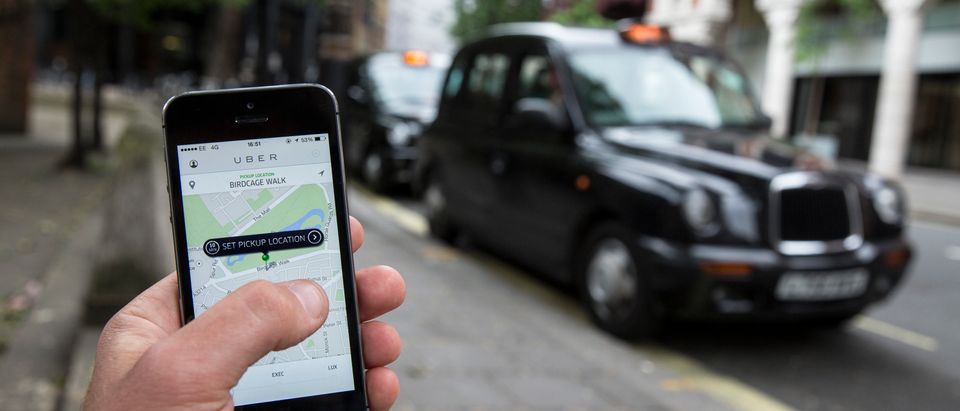One of the starker features of the latter half of the 20th century was the near-universal decline of America’s large cities as suburbanization pushed residents – and economic opportunity — away from the urban core.
Yet modern technology, especially services like Airbnb and Uber, is rapidly reversing this trend, giving urban residents a level of economic freedom and opportunity once thought impossible. This is especially true in the nation’s capital, as a once struggling city is seeing unprecedented growth.
But the D.C. City Council’s recent approval of B22-0092, which would place burdensome limits on short-term rental services like Airbnb, HomeAway, and VRBO, threatens the economic health of the District and its residents.
B22-0092 requires that property owners only rent out their primary residence, and places restrictions on the number of days they can host renters, in addition to other licensing and regulatory requirements. The council’s goal, as with cities like New York and San Francisco who have taken similar steps, is to alleviate D.C.’s housing and rent crisis.
While the council’s intentions are good, the effects of this measure will only block innovation and limit the economic opportunity of District residents.
You don’t have to live in Washington to know it’s expensive; in fact, according to The Washing
Services like Airbnb also provide a boost to local small businesses, as travelers would be staying in a wider variety of neighborhoods outside the urban core. In D.C., this means that tourists can have a Jumbo Slice in Adams Morgan, or a Chili Half-Smoke at Ben’s, or catch a concert at the 9:30 Club. More customers for local businesses will inevitably lead to more jobs for local residents.
Let’s not forget the benefit that short-term rentals provide to the travelers themselves. Like everything in Washington, D.C., hotels are expensive, forcing many budget-conscious tourists to stay out in the suburbs or even stay away from D.C. altogether.
As someone who likes to travel on a budget, I can attest that services like Airbnb give travelers like me the ability to experience places I normally couldn’t afford. Further, it gives me the opportunity to take in the true culture and environment of my destination apart from the usual tourist traps.
Given the benefits to citizens and travelers alike, it’s odd, to say the least, that D.C. would seek to restrict technological innovation. This is especially odd considering the city’s ardent attempts to woo Amazon’s second headquarters, known as HQ2, into the city.
If D.C. is trying to cast itself as a city that is open and welcoming to the technological advances of the future, restricting innovations in accommodation services is not the best way to do it.
So why are they? Well, it’s a story almost as old as time: cronyism. Despite getting millions in tax breaks, big hotels aren’t content with being the biggest fish in the pond; they want to be the only fish in the pond. So they’ve targeted the D.C. City Council to put in place undue restrictions on competition in B22-0092.
Washington, D.C. is just the most recent case study of the ongoing war on innovation being waged by municipal governments and their big-money backers. Technology and innovation are giving people more freedom to travel, do business, and make a living. We can’t let special interest cronyism in government take that away.
Gus Portela is the Executive Director of Accuracy in Media.
The views and opinions expressed in this commentary are those of the author and do not reflect the official position of The Daily Caller.


